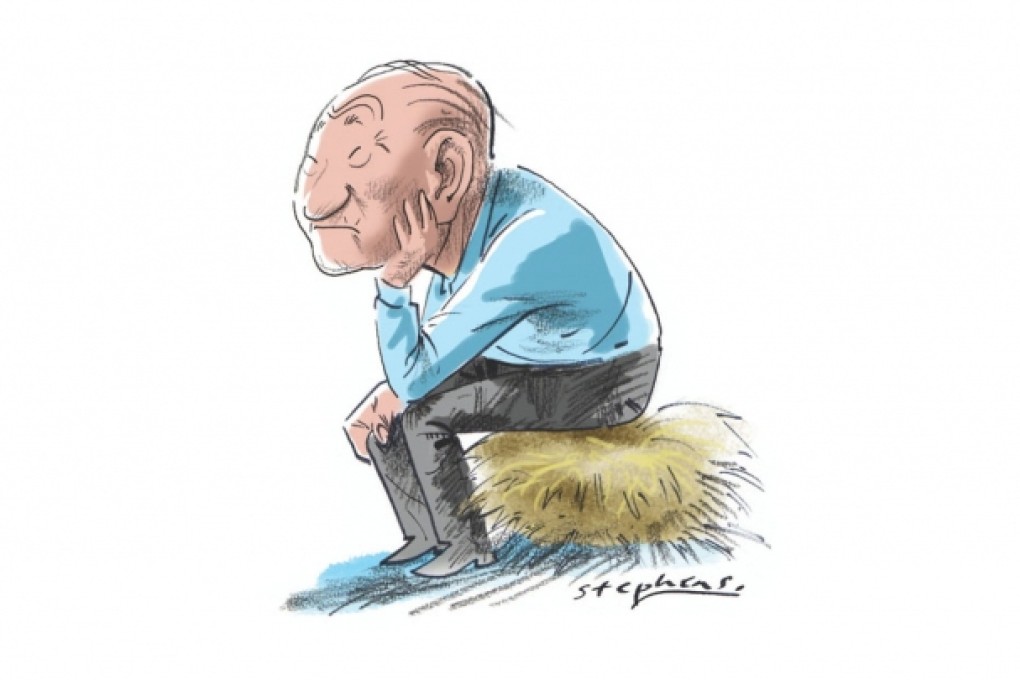Enforcing filial piety is no solution to China's pension shortfall
Chang Ping says the new law requiring people to take care of their parents may have something to do with the yawning gap in China's pension fund, plagued by corruption and inefficiencies

Lawyer Zhou Litai became famous over a decade ago for being a champion of workers' rights. Based in Shenzhen, he fought for compensation for dozens of young workers who lost limbs or suffered other serious injuries at work.
Their cases were not complicated. All employers were required by law to contribute to their employees' social security fund, which, in the event of an accident that led to injury, would pay for their medical expenses and part of their living costs. But this rarely happened in reality.
A judge I interviewed for the story said that injured workers did not receive their rightful compensation for the simple reason that there were too many workers for the too few resources in the social security fund. So workers whose bosses flouted the law - by not paying the insurance - were in fact lucky: in these cases, the judges would be free to impose hefty damages on the employers for a quick resolution.
It was only when I read a report this May that I finally understood why the Shenzhen social security fund was so poor. It was not only because there were many injured workers, but also because much of the money had been used elsewhere.
Between 1982 and 1996, the Shenzhen social security authority was found to have taken a total of 1.76 billion yuan (HK$2.2 billion using current exchange rates) out of the fund for investment in 145 projects. Officials said all money had since been returned, along with a profit of about 1 billion yuan over 14 years - a rate of return which internet users noted was even lower than bank interest.
Shenzhen officials also stressed that the money was taken out of the work injury fund, and not the pension fund.
The misuse of social security funds is not new, of course. The corruption case of former Shanghai party secretary Chen Liangyu in 2006 involved the misappropriation of billions of yuan of the city's pension fund. In the end, nearly 30 officials were arrested and more than 20 of them were convicted. In 2007, then Shanghai mayor Han Zheng said all the money taken had been recovered, plus interest, to the tune of 3.7 billion yuan.
